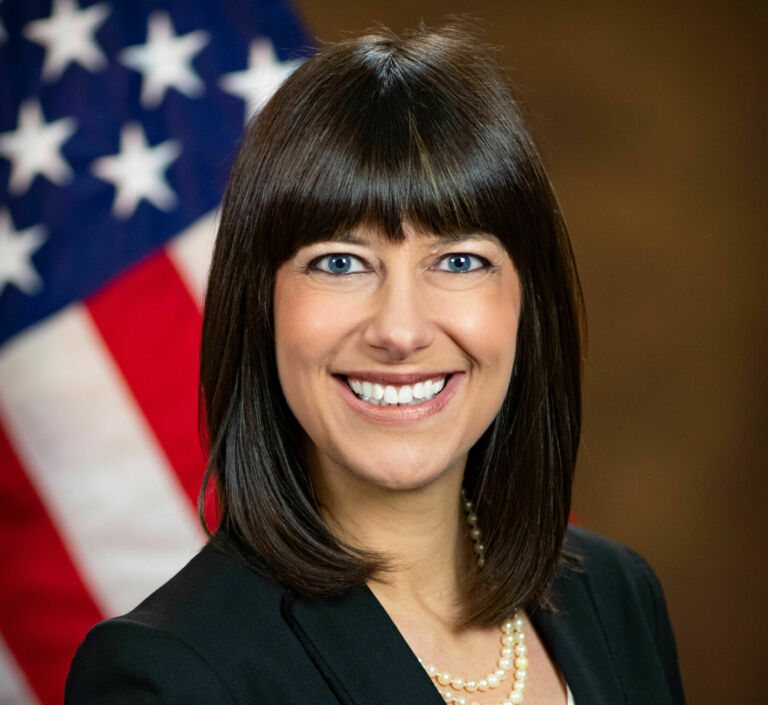James Antle of the Washington Examiner highlights the politics of Supreme Court appointments.
When Stephen Breyer was nominated to the Supreme Court by Democratic President Bill Clinton in 1994, just nine Republican senators voted against him.
The confirmation process for the nominee to take Breyer’s place upon his retirement, playing out in an evenly divided Senate that Democrats control due to Vice President Kamala Harris’s tiebreaking vote, is unlikely to be so bipartisan.
President Joe Biden will select a nominee in a midterm election year as his own job approval ratings suffer to the detriment of Democrats seeking to defend razor-thin congressional majorities.
Many of the senators who will vote on this nominee are likely to at least consider running for the 2024 Republican presidential nomination, potentially setting up a competition over who can do the most to bloody a liberal nominee.
Political norms around judicial nominations have also changed dramatically since Breyer was tapped to join the court. The late Justice Ruth Bader Ginsburg had even fewer Republican senators oppose her confirmation in 1993, with three staunch conservatives voting against her over her liberal legal philosophy and background.
Justice Antonin Scalia, whose iconic status among conservatives is comparable to Ginsburg’s on the Left, was unanimously confirmed by a Republican-controlled Senate in 1986 after he was nominated by President Ronald Reagan.
But after Democrats recaptured the Senate in that year’s elections, fellow conservative Reagan nominee Robert Bork was rejected by the chamber after highly contentious hearings that set the stage for the modern process. Four years later, Justice Clarence Thomas was only narrowly confirmed after Democrats, including then-Senate Judiciary Committee Chairman Biden, highlighted Anita Hill’s allegations of sexual harassment. …
… [B]oth parties will have an incentive to play to their voters ahead of the midterm elections. And neither party has shown much willingness to support the other’s Supreme Court nominees in recent years.


